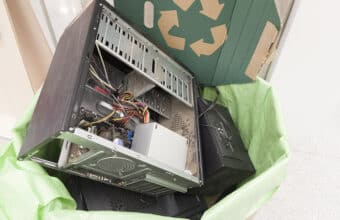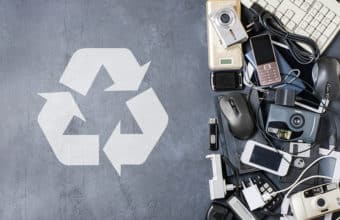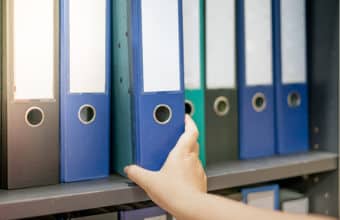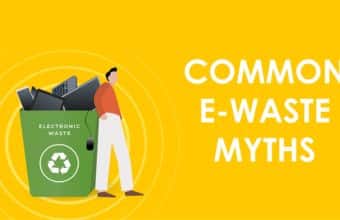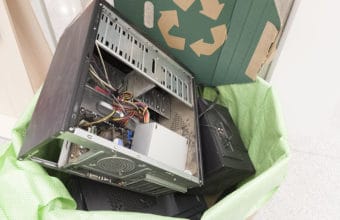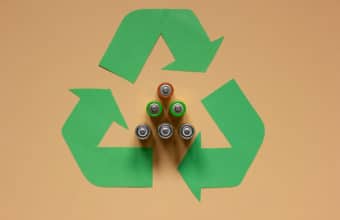Electronics Recycling
-
Recycled E-Waste: Where Does It Go?
Computing devices and equipment have grown at a rapid pace, making it essential for businesses to continuously upgrade and make improvements to their infrastructure to stay competitive. However, the increased reliance on electronics has led to a growing amount of e-waste that companies must learn to deal with. The Problem of E-Waste E-waste is both […]
read more -
What Exactly Is ITAD?
What Exactly Is ITAD? Levi Hentges, Director of Business Development with SEAM When speaking with businesses in our community, I often hear: “I had no idea you guys existed!” This comes as no surprise. Most organizations only consider IT Asset Disposition, or ITAD, as an afterthought when they have to “get rid of stuff”. Computers, […]
read more -
Why Is It Important to Recycle Light Bulbs?
Recycling is a good practice for any home or business. Recycling minimizes waste, is good for the planet, and doesn’t require much effort. Many people don’t know that light bulbs can be recycled, so they just throw them in the trash. However, there are several reasons why it is important to recycle light bulbs. Lightbulbs […]
read more -
The Importance of Proper Document Disposal to Prevent Healthcare Data
If your business handles healthcare documents, you have a great responsibility to handle those documents with care. Health information is some of the most sensitive information there is, so it is critical that documents are stored and disposed of properly. Healthcare Documents Contain Highly Sensitive Information There are a few categories of information that are […]
read more -
Common E-Waste Myths You Can Dismiss
More businesses rely on electronics for their everyday operations. While this has led to increased efficiencies and faster ROIs, there are consequences to such fast-paced innovation. Electronic waste is a growing threat that leads to environmental degradation and resource inefficiency. Businesses that use computers and other electronics regularly should be aware of their role in […]
read more -
5 Benefits of Professional Electronic Recycling
Outdated electronics are an inevitability. For many businesses, this means dealing with proper disposal procedures. Data security can be compromised by improper recycling practices. Electronics recycling requires comprehensive knowledge of digital best practices and IT compliance measures. Access to a professional electronics recycling service makes upgrading to new equipment quick and easy. Why Use Professional […]
read more -
The End of Windows 10: Time for a Hardware Refresh
The End of Windows 10: Time for a Hardware Refresh Windows 11 has arrived, with Microsoft ending support for Windows 10 on October 14th, 2025. Microsoft has already began rolling out Windows 11, prioritizing PCs based on how old they are. All compatible machines should have the option to upgrade by the middle of 2022, […]
read more -
Can Your Business Get Fined for Disposing of e-Waste Incorrectly?
Can Your Business Get Fined for Disposing of e-Waste Incorrectly? As more people use electronic products and devices, the number of unwanted materials that end up in the garbage has steadily increased. While most of these components can easily be recycled or properly discarded, many individuals and businesses don’t take the time to properly do […]
read more -
How to Properly Recycle Old Batteries
If you have old batteries, it’s important to dispose of them properly. It’s not recommended to simply put batteries in the garbage, as they can be dangerous to the environment and to people. The safest way to dispose of old batteries is by taking them to an authorized recycling facility. In Sioux Falls, this includes […]
read more
